I will remake capitalism, says Jim Chalmers
Jim Chalmers is pledging greater government intervention to radically remake post-pandemic capitalism by redesigning energy, finance, labour, and social services markets.
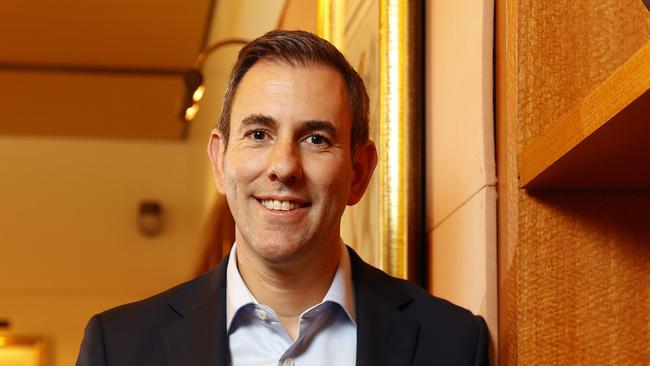
Jim Chalmers is pledging greater government intervention to radically remake post-pandemic capitalism by redesigning energy, finance, labour, and social services markets — which he says are failing — while putting “fairness” at the centre of a plan Labor believes will deliver decades of national prosperity.
Foreshadowing a seismic policy shift, the Treasurer says Labor will ditch the free-market policy consensus that has steered rich countries over two generations and fashion a values-based economy in partnership with business, unions and community groups.
Dr Chalmers blames failed political leadership and thinking in the wake of global financial, health and energy crises over the past 15 years for leaving the nation more exposed to economic shocks and disruption.
In a new essay, Dr Chalmers rejects “supply-side economics” and argues renewal will be based on the clean-energy transition, investment in skills and training, a “renewing and restructuring” of the Reserve Bank and Productivity Commission, and the government playing a more hands-on role in steering the economy. “Successive leaders failed to find their way conclusively or convincingly past the neoliberalism of the pre-crisis period,” he writes in Capitalism After the Crises, to be published in The Monthly on Monday.
“In other words, while the world was getting more uncertain, we had been growing more vulnerable. Domestic policies – and policy vacuums – accelerated rather than alleviated this problem.
“Our mission is to redefine and reform our economy and institutions in ways that make our people and communities more resilient, and our society and democracy stronger as well.”
This will include the creation this year of a “sustainable finance architecture, including a new taxonomy to label the climate impact of different investments”.
“Investors should be able to work out the climate-risk rating of a firm just as a lender can work out a credit-risk rating,” Dr Chalmers writes. The essay signals that Labor is abandoning the bipartisan economic orthodoxy of the past four decades, with the Treasurer arguing the rise of populism in response to income stagnation demands a fundamental redistribution of wealth and opportunity.
The near 6000-word treatise, in the Labor tradition of long-form forays in the progressive magazine by former prime minister Kevin Rudd in 2009 and then treasurer Wayne Swan in 2012, will be seen by government insiders as Dr Chalmers, 44, positioning himself as heir apparent to the Prime Minister, 15 years his senior, and as intellectual leader of the party’s younger generation.
While respectful of the legacies of Labor reformers Bob Hawke and Paul Keating in the 1980s and ’90s, the Treasurer argues the party must embrace a new social democratic agenda, where markets are built in partnership with business and unions to allocate capital and labour.
“Our generation of policymakers and leaders faces different challenges, and here we can’t just retrofit old agendas or retrace the steps of our heroes to address them,” he writes.
“It’s no accident that these strategies typically involve an element of partnership. This is partly a reality of our fiscal position – the federal budget is deep in debt and under pressure – so the options for large, broad new programs are limited. “But it’s also a purposeful choice – we want to change the dynamics of politics, towards a system where Australians and businesses are clear and active participants in shaping a better society.”
In his essay, Dr Chalmers says Labor will more purposefully direct investment flows to priority areas such as clean energy, through market design and co-investment. He identifies the Clean Energy Finance Corporation as a successful model in allowing the government to partner with investors to “direct capital where it can have the greatest impact”.
“We will employ this co-investment model in more areas of the economy, with programs already under way in the industry, housing and electricity sectors,” the Treasurer writes.
“Australia can do more and do better than just batten down the hatches in 2023 or hope for the best. We can build something better, more meaningful and more inclusive – 30 years of prosperity stronger, broader and more sustainable than the last.
“We can maximise our advantages by focusing on things we can and do control – setting ourselves up to emerge from a difficult year as a more resilient, more cohesive and more purposeful country.”
The shift to greater activism is set to gather pace this year as the Albanese government looks to intervene in housing, manufacturing, finance and social enterprises and shield Australia from the ravages of the so-called “polycrisis” at large in global affairs.
Anthony Albanese narrowly won office last May – on a limited platform of addressing the rising cost of living, more ambition on emissions reduction and incremental social change to promote opportunity – over a Coalition government led by Scott Morrison, the least popular major party leader in 35 years.
Since the election, Labor has intervened in the gas market, opened the door to industry-wide wage bargaining and legislated a federal integrity commission, while promising to bring the federal budget under control. Mr Albanese’s poll ratings have improved, despite the government facing a slowing economy, rising gas and electricity prices, higher debt, endemic deficits, falling home values and the challenge of delivering a constitutionally enshrined Indigenous voice to parliament via a referendum later this year.
Dr Chalmers says Australia is likely to avoid a recession this year but warns its major trading partners could fall into a funk, as the world’s central banks aggressively raise interest rates to contain inflation, amid geostrategic tensions and Russia’s year-long assault on Ukraine.
Headline inflation rose to a 32-year high of 7.8 per cent in the December quarter, prompting economists to forecast another three hikes in official interest rates by the RBA, from the current 3.1 per cent cash rate, with the next move expected in just over a week when the RBA meets.
The Treasurer has said his second budget in May will provide targeted relief from high energy costs to the most vulnerable households and will not hinder the central bank’s work in reducing inflation. Dr Chalmers said a new, values-based capitalism for Australia, would understand something the old thinking neglected: “that the problems of government – of whole societies – don’t and shouldn’t permit one simple solution set”.
To achieve this, it will require an “orderly energy and climate transition” through renewables, a more resilient and adaptable economy in the face of the current “polycrisis” and growth that “puts equality and equal opportunity at the centre”.
“This is not only fair, it’s good economic policy,” the Treasurer writes. “It’s not just our economic institutions that need renewing and restructuring, but our markets as well. Here, government has a leadership role to play. Defining priorities, challenges and missions – not ‘picking winners’.
“This is critical to guide how we design markets, facilitate flows of capital into priority areas and ultimately make progress on our collective problems and purpose.
“The neoliberal model is the opposite of this. It pretends to be agnostic on these questions, but ultimately a choice is still being made through passive de-prioritisation and the perverse outcomes and greater vulnerability that emerge over time.”


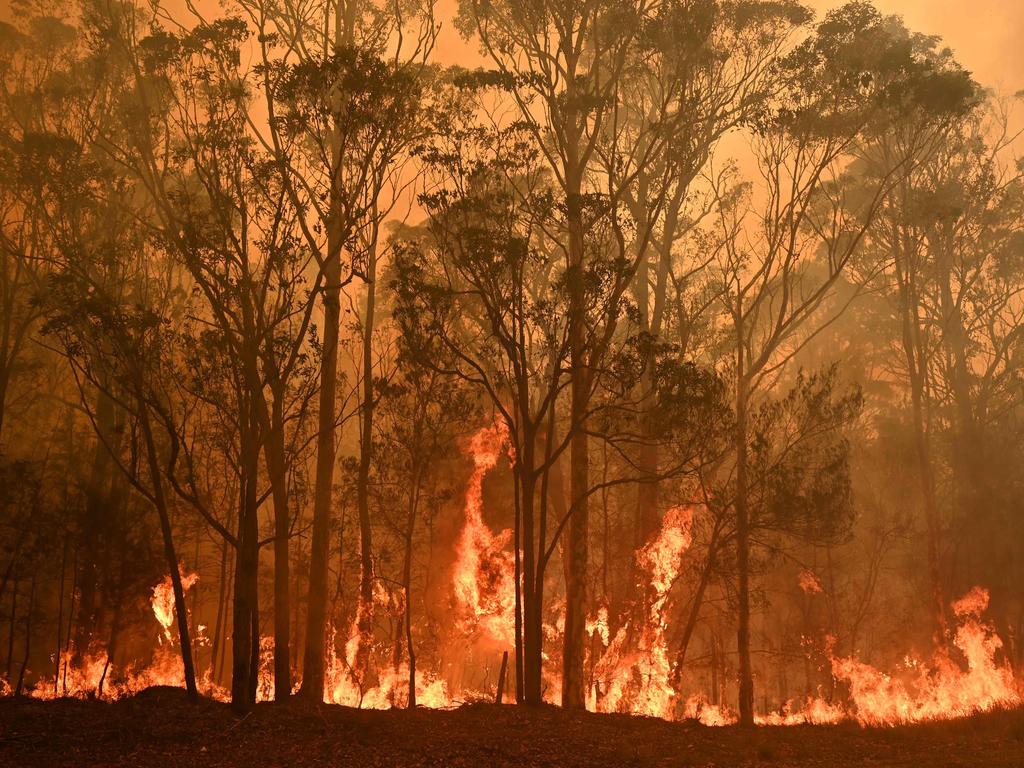
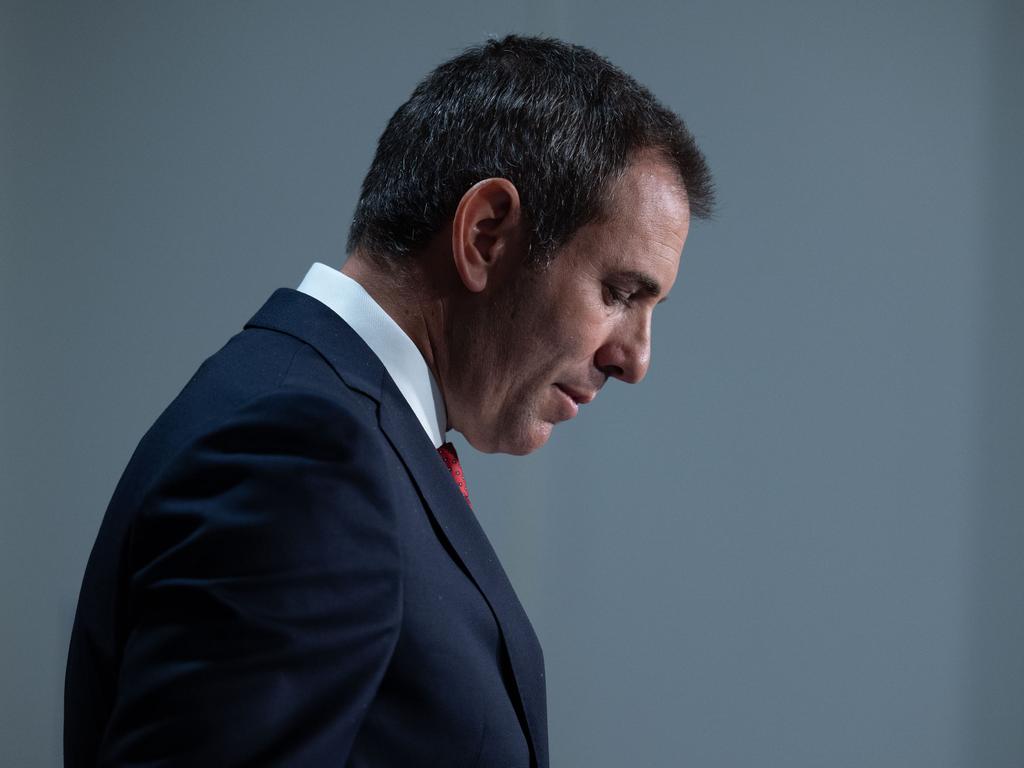
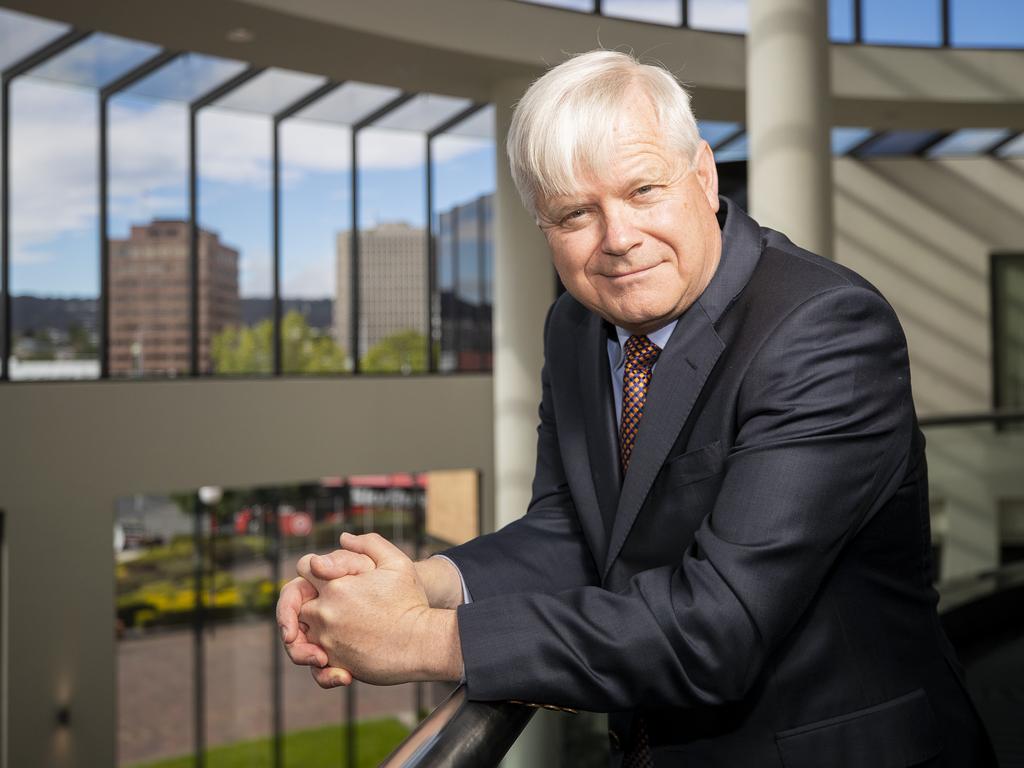
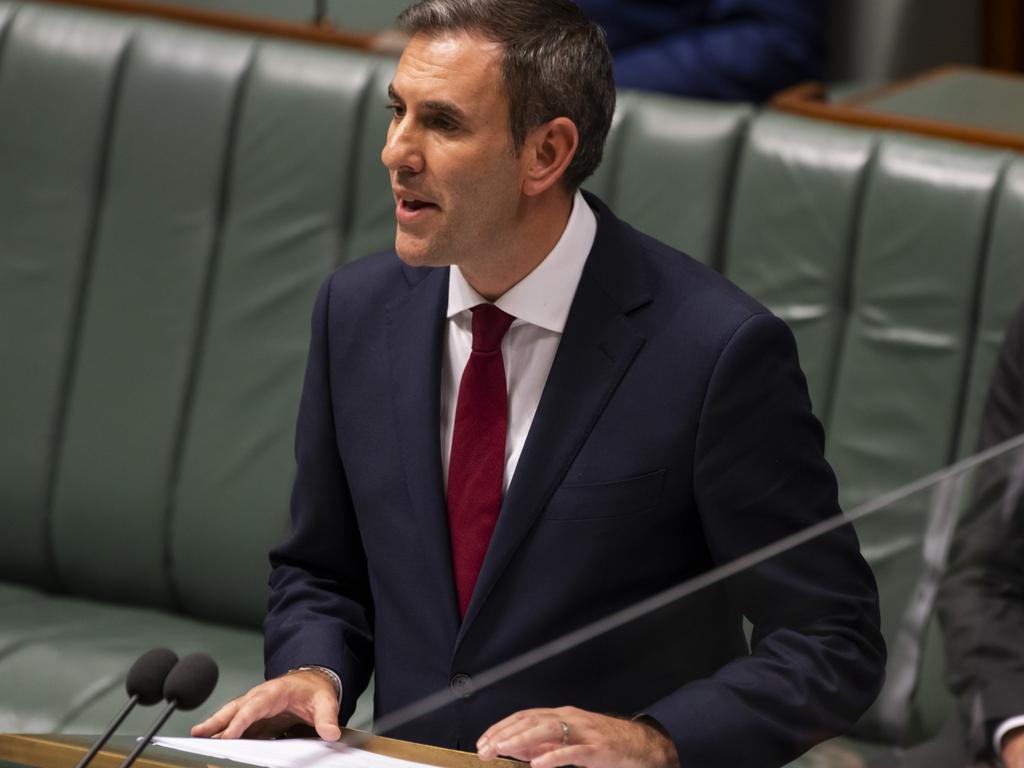


To join the conversation, please log in. Don't have an account? Register
Join the conversation, you are commenting as Logout